Share market jitters in the face of President Trump’s aggressive trade tariff stance took a toll on super fund returns in February, with the median Growth fund (61–80% growth assets) down 0.9% over the month.
To put that in perspective, the median Growth fund is still up 7.5% for the financial year to the end of February.
Chant West senior investment research manager Mano Mohankumar says both Australian and international shares were down in February. Australian shares shed 3.8% while developed market international shares fell 0.9% hedged, and 0.4% unhedged. Bucking this trend, emerging market shares were up 0.8%.
Over the same period, bonds steadied the ship for diversified funds. Australian bonds returned 0.9% and international bonds returned 1.2% on falling bond yields.
With market volatility likely to continue due to global economic and geopolitical uncertainty, Mohankumar urges investors to think long term. “We caution members who may be thinking about switching from a growth fund to cash or a more conservative option with the intention to switch back later. More often than not, it results in poorer long-term outcomes than if they ride out the ups and downs”, he says.
Bond markets were barely positive, with Australian and international bonds up 0.2% and 0.4% respectively.
The table below shows the median performance to the end of February 2025 for the five traditional diversified risk categories.
Super fund performance (results to 28 February 2025)
| Fund category (% growth assets) | 1 mth (%) | 3 mths (%) | FYTD (%) | 1 yr (% per yr) | 3 yrs (% per yr) | 5 yrs (% per yr) | 7 yrs (% per yr) | 10 yrs (% per yr) | 15 yrs (% per yr) |
|---|---|---|---|---|---|---|---|---|---|
| All Growth (96–100%) | -1.7 | 0.8 | 9.7 | 12.7 | 9.2 | 9.9 | 9.0 | 8.5 | 9.4 |
| High Growth (81–95%) | -1.3 | 1.2 | 8.5 | 11.3 | 8.2 | 8.7 | 8.3 | 8.0 | 8.8 |
| Growth (61–80%) | -0.9 | 1.0 | 7.5 | 9.6 | 7.0 | 7.1 | 7.0 | 6.9 | 7.8 |
| Balanced (41–60%) | -0.4 | 1.2 | 6.1 | 8.1 | 5.6 | 5.5 | 5.7 | 5.5 | 6.5 |
| Conservative (21–40%) | 0.1 | 1.2 | 5.1 | 6.6 | 4.1 | 3.8 | 4.2 | 4.2 | 5.2 |
Source: Chant West. Performance is shown net of investment fees and tax, before administration fees and adviser commissions.
As you can see in the table above, returns for all periods from one to 15 years remain positive. And all risk categories have generally met their typical long-term return objectives, which range from CPI (a measure of inflation) + 1.5% for Conservative funds to CPI + 4.25% for All Growth.
The chart below shows performance of the median Growth fund since the introduction of compulsory super in July 1992. Over that period, the median Growth fund has returned 8% per year. The average annual CPI increase over the same period is 2.6%, giving a real return of 5.4% per year – well above the typical 3.5% long-term target.
Even looking at the past 20 years, which includes three major market downturns – the GFC in 2007–09, COVID in 2020, and the 2022 calendar year marked by high inflation and rising interest rates to combat it – the median Growth fund has returned 7.1% per year, comfortably ahead of the typical objective.
Growth funds have produced positive returns in 27 of the past 32 calendar years. Mohankumar says the typical risk objective for Growth funds would be no more than six negative returns during that period (there have been just five), so the risk objective has been met as well as the performance objective.
Source: Chant West








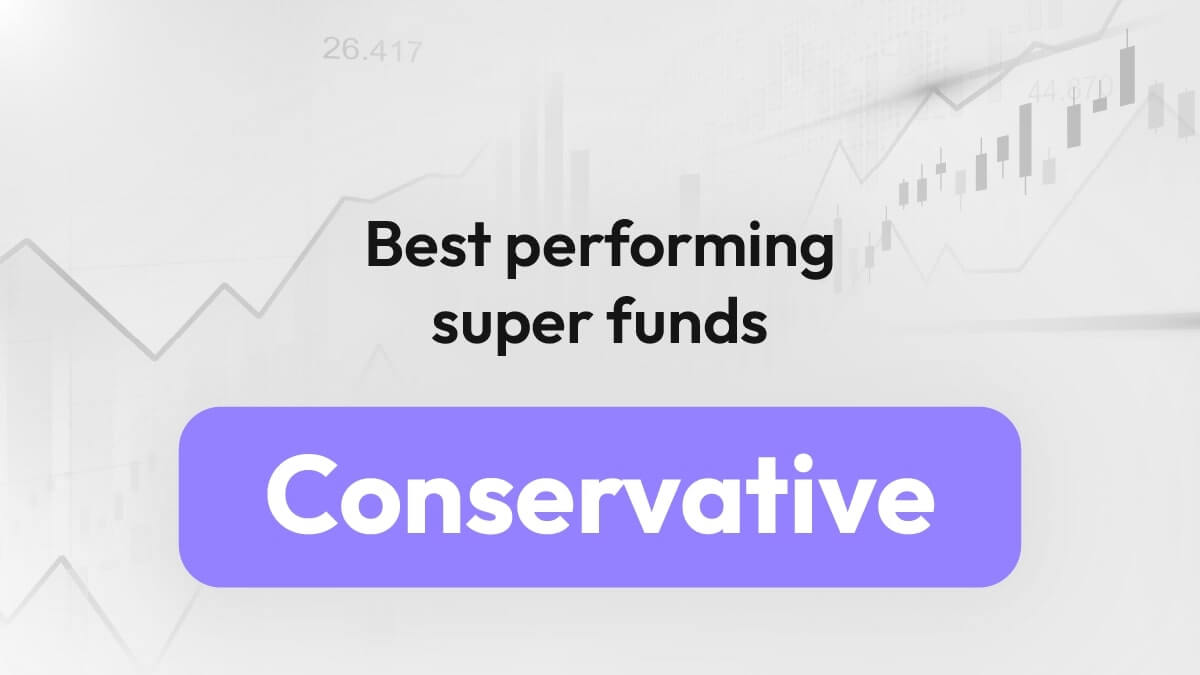
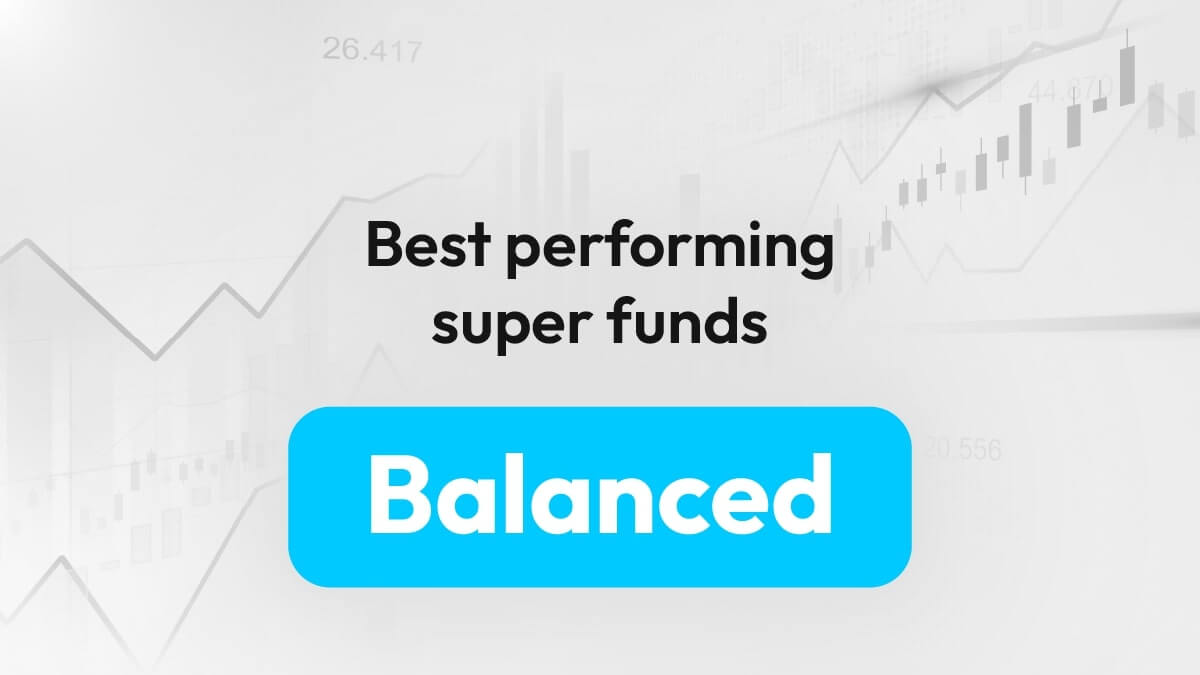
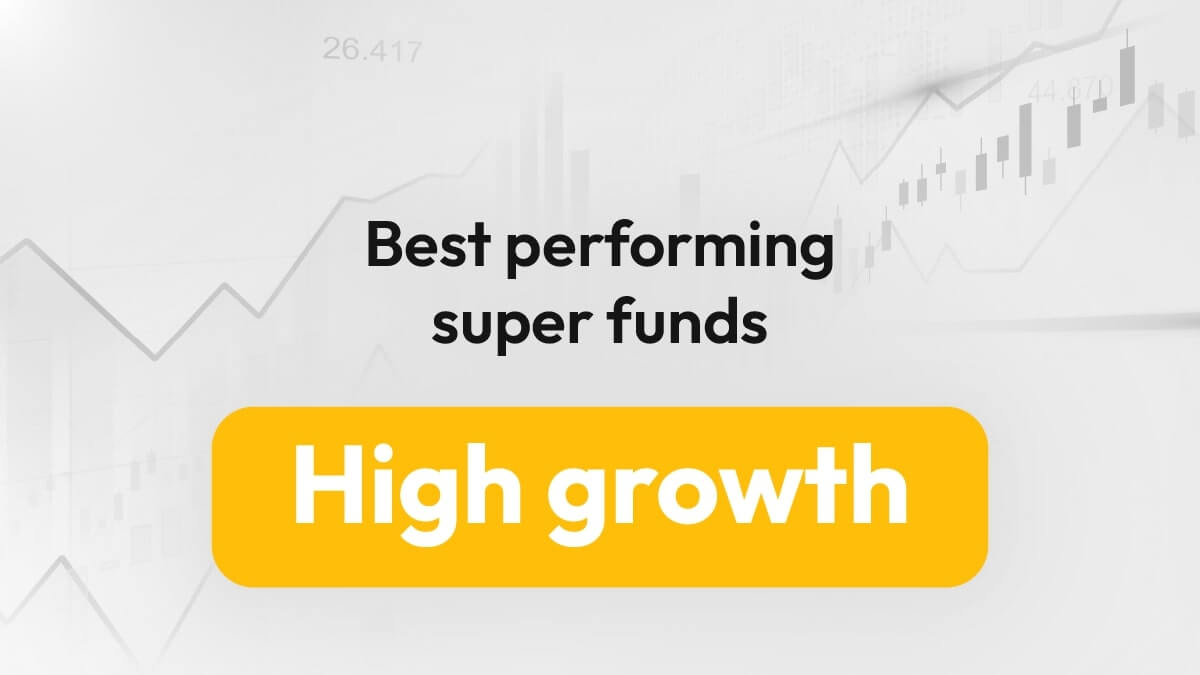
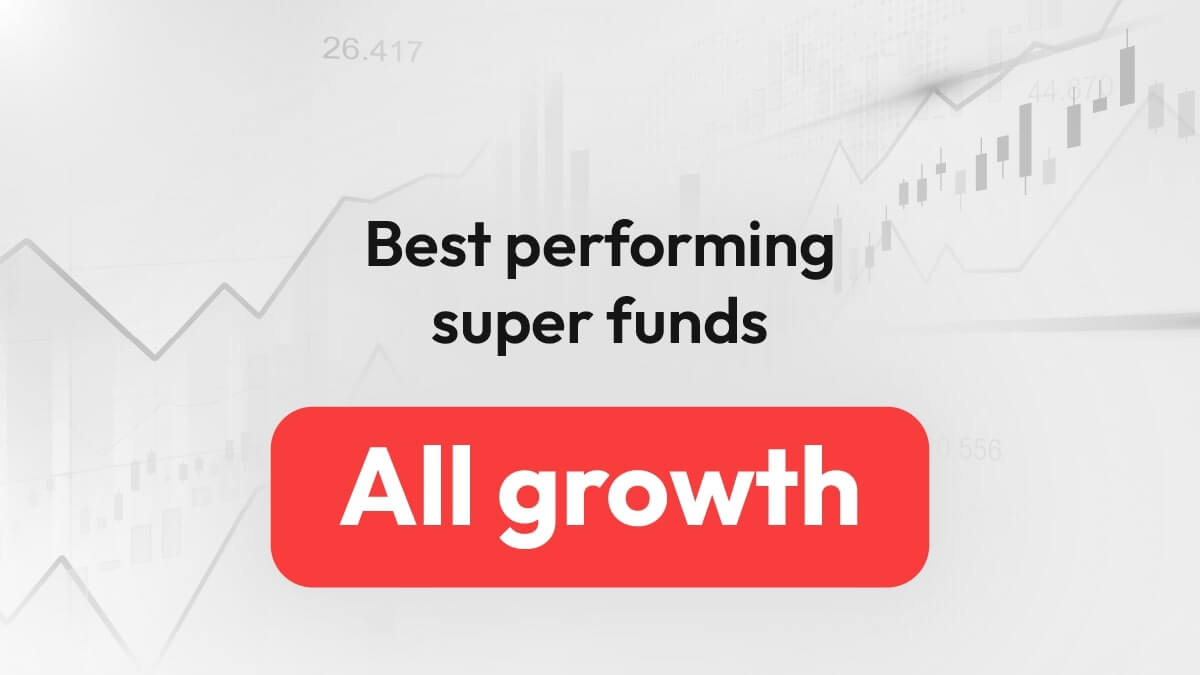
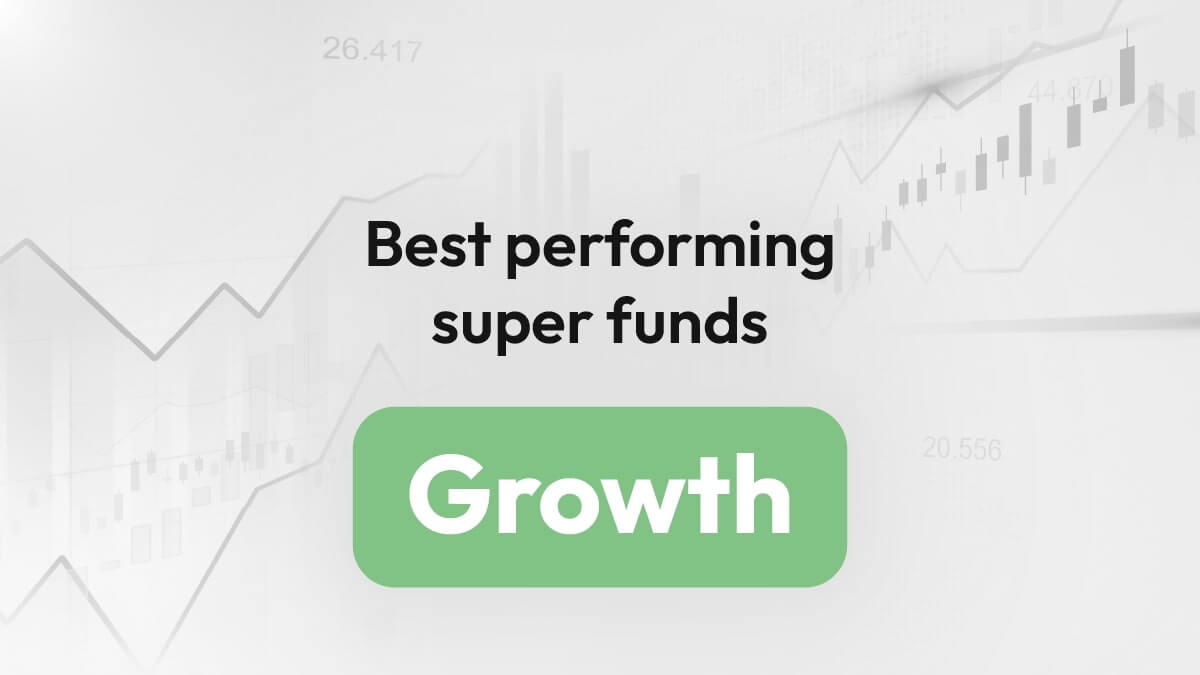
I was a bit surprised that most Super Funds lost money last year, would have expected at least some to have made reasonable money, otherwise why do the comparisons? More surprising is that many funds continue to advertise their long term returns, with no reference to current year’s losses. Further, they show 1 year’s return as high as 20% on their websites, which is for the previous year, and are showing small positive return for the current year (which is 2022-23), with a missing year in between! Decency would require they should at least show 1year’s return as N/A (instead of 20%) if they want to say the result won’t be available for another 3 months. Overall very disappointing.
Hopefully there are signs that US market is picking up, which might result in some recovery by most funds, i..e.luck rather than good management?
All of the Superannuation diehards above still plugging the Government line that we should stick our money in super and ‘trust them’!!
Well, Super is now (02/2022) severely underwater. All funds are negative, the only people benefiting are the fat cats running the funds and continuing to collect their fees.
And don’t give me the ‘well, it’s a long term horizon you need to look at’ — for people at or near retirement plunging Super balances mean disaster.
They don’t have years and years to wait for a recovery, even if there is one the lost growth can never be recouped.
We’re investing in direct Real Estate. Only. Leave Super to the lazy and to those happy to lose their money.
Super has been marvellous for so me over the last 49 years where I don’t recall the contributions being that great, nor the 15% tax on them, but look at the $1.7m that I invested into managed tax-free pensions at retirement… all due to the system and the magic of compound interest.
To those who think residential real estate is the answer, do your homework. The GFC had house prices fall at a time when many vendors had no control over when their sale had to take place – just like the share market last January. And when there is eventually an increase in interest rates, the price of houses reduce… and there goes your capital gain, not to mention deplorable tenants, maintenance, etc
We all were warned by various comentators in the leadup to the March crash that the market was overpriced and driven by greed. Why are you disappointed that prices reduced… it was going to happen regardless of Covid19. And that correction has yet to play out with so many businesses losing money, that a depression is inevitable.
Good luck over the next two years and don’t panick as so many appear to be doing.
Alan
I guess with the property market soaring… again.., the Economy getting mostly back on track (albeit maybe not so great for some businesses that rely on tourism and large crowds), most if not all of what you have said was wrong and it is time to eat your words. Supply and demand with a bit of greed on the side is what dictates markets, the greed was the idiots holding off wanting to swoop in and buy massively reduced houses when they simply needed to buy, as it never happened now they are getting priced out of the market due to their foolishness. I simply went on with life, bought my house just before Covid, sold my old one during Covid and now already have 10% growth in just over 12 months – if I had held onto the old place (I considered it, but investment wise it would be better to sell and buy something else) I may have made a profit too, but that would just be greed, i just went about my business and didn’t try to chance my strategy to make a few extra bucks, and it has all worked out.
Real Estate is unfortunately on another boom and will double in the next few years, once inflation take hold and interest rates jump inflation is inevitable. I don’t exactly like seeing prices go up as it means the councils get greedy and charge more on rates for doing less than they did when it was half the rate it is now… The shceme will keep going as that is the cycle we live in, there is too much interference in the markets for any significant long term drop, even the GFC was short lived, and prices have skyrocketed since… lows like GFC and Covid don’t slow the growth, they just stagnate it until the steady growth becomes an instant surge to make up for what didn’t happen during that period….
When I compare my super balance with AS against my wife’s super balance (VS) there is a huge difference in growth over the past 2 – 3 weeks. Before Corona hit, the two funds showed same growth. I might leave AS if this continues.
If you were paying attention mid January the first signs of catastrophe were apparent.
This was the moment when you all had the the choice of converting your superannuation balance to cash thus limiting the substantial losses that took place through February – March and beyond.
Therefore the onus is on the individual to monitor what is going on in the financial world – the share market is an excellent barometer. I personally lost $10,000 from my balance before converting to cash.
This exact behaviour occurred during the GFC and its happened again noticeably across funds.
The problem with moving to cash is knowing when to move back into growth investment options. On average, everyone gets it wrong and loses money.
I studied movements over the GFC, comparing 3bn worth of Choice Super investors with 3bn sitting in MySuper accounts.
6 years after the GFC those who left their money in MySuper products had their balances back. The Choice members? they lost 800m….those same members never got their money back. Gone.
Be very careful trying to pick the market. If your close to retirement you would already be(or should be) in a conservativly managed funds, those funds have maintained members balances.
The smart people let the experts pick the market – thats who your fund manager employs, the customer is not always right.
My advice, and its general in nature 🙂 Don’t gamble with your superannuation.
Totally correct, the only good time to be in conservative investments is just before the crash, it’s too late after it… those who can’t weather a crash (retirees) need to be there, but if there is no crash they still would have been better off in a diversified or growth fund, the risk is the only reason they shouldn’t. Anyone in a conservative fund prior to the crash is best to move into growth after it, but again, the risk to retirees is often something that precludes them from making it a wise decision. Everyone else is just silly making the moves afterwards as a knee jerk reaction, I didn’t move either way, I missed the move to cash, and the market bounced back before I moved to high growth, so I just stayed where I was, and my investments are working just fine!
Super in Australia is a high risk gamble, nothing more. In no way can we trust the massive drops in Super funds as reflecting the true market situation – it is Super funds covering their losses by raiding our accounts.
That the government insists we contribute to Super is appalling. I plan to wait until recovery to Feb levels then empty all of my Super and use it to buy residential real estate. In that way I least have some control and am not subject to Super fund management fear and greed.
Super is a 30 year asset. The high risk gamble over this time period is not to have your money is super.
Cash is low risk over 6 months but high risk over 10 years and very high risk over 30 years.
If you keep your money in cash or 12 month term deposits over 30 years you are guaranteed to lose money. Why, because inflation will eat away at your capital.
Super, invested in a low fee balanced option will grow your money , even after inflation over 30 years. I
Surely you can’t be serious!?
“Super is a high risk gamble”. Peter, Super is a Tax entity NOT the investment which can be anything from 100% cash (no stock market “risk”) to property or shares.
I’d also like to know how you can control the real estate market.
The smart way to invest in real estate is within a Self managed super fund that way you can arrange it so you avoid capital gains tax.
I find it absurd that all the while the planet has been dying and vast numbers of people have been suffering, the middle class has continued on their life style trajectories, of international flights, hotels, cruises and other types of needless consumption, pollution and carbon emissions, because they deserve it after “working so hard”. Not once did the middle class vote according to the needs of the planet, the unemployed or homeless, since there are not enough jobs to go around. First it was the pesky bush fires of 2020 that caused us great inconvenience and smoke inhalation and now the “virus we had to have”, as a cover for the white collar crime syndicates to steal your money. Led by blind ignorance and hubris, the middle class continued to support and trust the same system that rewarded them, but punished everyone else (Centrelink). One day they did awake, but only after the smoke had lifted and their money was gone. I have no sympathy, but welcome to the real world anyway comrade!
I seriously want to cry right now. I have 10 years to go before I was going to retire and my super was on track with fabulous ROI. This month I have lost over $50,000k in the last month from the stockmarket drop. One third of my super is completely wiped out.
HI Michelle
lots of working people are facing the same nightmare. I am going to retire in 4 years and my situation is worst of yours. The superannuation system IN AUSTRALIA is not safe and my question is ,why the Government encouraging all of us to put more and more in this bloody funds which are not secure ?? Doesn’t matter which way you decide to invest your money…you lose anyway. The contribution system MUST be changed like in Europe where at the end of you working life you receive the pension you deserve which will be safe until you die. The more you work the more you receive. HERE in Australia is the opposite!! PITY!!!!!
Now in 2024 the sharemarket has bounced back like never before ..superfund balances are back and rising…the property market continues to rise ….one cannot forsee the future…but knee jerk reactions are not the answer either…stay the course….change investment choices in good times at your leisure..not when the market is low..